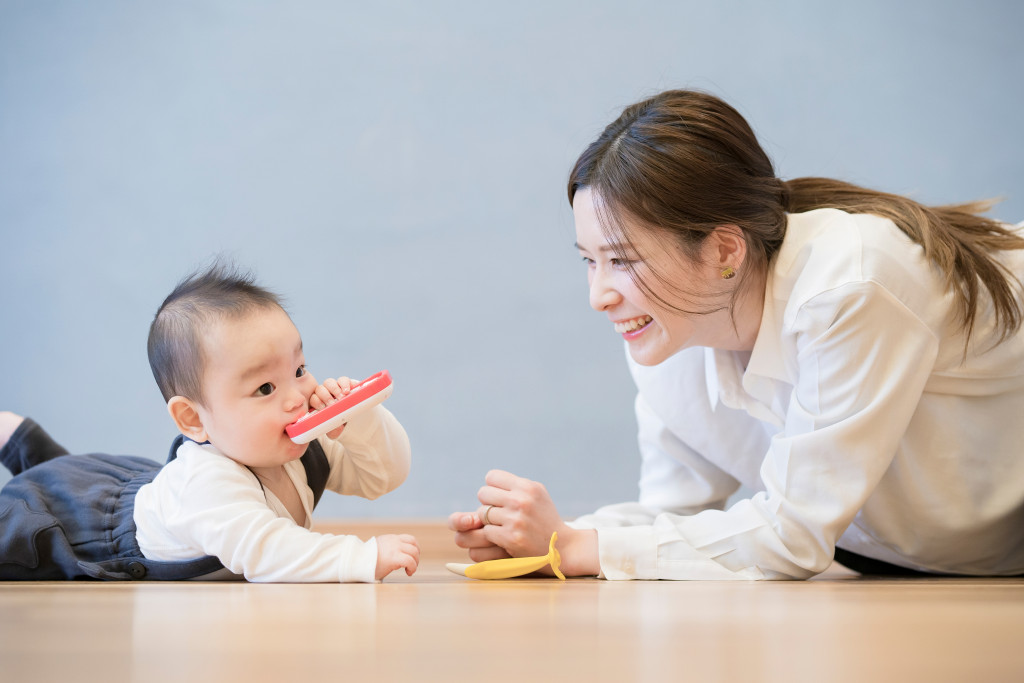Trauma is, unfortunately, a reality for many women, with five in ten having endured some form of a traumatic event. While men and women may have similar PTSD symptoms, certain manifestations tend to be more frequent among one group than the other.
Childhood trauma can leave deep emotional scars that can last into adulthood. If you’re a woman struggling with the effects of childhood trauma, you are not alone. It’s important to remember that healing is possible and that you don’t have to face this difficult journey without help. Here are some tips for dealing with childhood trauma as an adult woman.
Reach Out for Professional Help
The first step in healing from childhood trauma is to seek professional help, such as counseling or therapy. You can work with a reputable trauma therapist. The therapist can help you explore your feelings and develop healthy coping mechanisms to deal with the pain and anger associated with your past experiences. In addition, talking to a therapist can also help you gain a better understanding of yourself and how your experiences have shaped who you are today.
It is essential to recognize that healing from childhood trauma is a process, and it can take time. Don’t be discouraged if you don’t see immediate changes in your life or mood. It takes patience and consistency to work through the pain of your past experiences to move forward with a healthier outlook on life.
If you feel that you cannot afford professional help, there are other resources available to you. There may be free or low-cost mental health services in your area, as well as online counseling and support groups. Additionally, talking to trusted friends or family members can also provide a sense of comfort and understanding during this difficult time.
Lean on Your Support System
Your friends and family can provide invaluable support when dealing with the aftermath of childhood trauma. Having someone who truly understands what you’re going through can make a huge difference in helping you heal emotionally. Don’t be afraid to reach out for support when needed—it could be the one thing that helps get you through a difficult time.
Your support system can also help you practice positive coping skills like mindfulness and meditation. These activities can help reduce stress, anxiety, and depression from childhood trauma. Additionally, your support system can provide the emotional stability needed to handle any triggers or difficult memories that surface when dealing with trauma.
Finally, having a strong support system in place can help you stay focused on the goals that you set for yourself. This could include setting and achieving goals related to physical health, mental well-being, career success, or relationships. Don’t forget to lean on your support system when it comes to reaching essential life milestones.
Practice Self-Care

Self-care is another crucial element of healing from childhood trauma. Make sure to take time for yourself each day by doing activities that bring joy into your life, such as reading, painting, exercising, or listening to music. Taking care of yourself mentally and physically will help boost your mood and increase your resilience in times of stress or difficulty.
You can also practice self-care by finding ways to manage stress, such as deep breathing exercises, mindfulness meditation, or journaling. These activities can help you gain insight into your thoughts and feelings and provide a distraction from difficult emotions or memories.
You can also consider practicing yoga. It can be a great way to release stress and increase relaxation. Taking part in physical activities, such as yoga or tai chi, can help reduce the symptoms of PTSD. This makes it easier for you to manage your triggers and stay present at the moment.
Make sure you are getting adequate sleep each night. This will help ensure that you have enough energy to tackle daily tasks and help you stay focused. Lack of sleep can make it difficult for you to process your emotions or make decisions, so make sure to prioritize getting enough rest each night.
Practicing self-care is a powerful way to manage the effects of childhood trauma and work towards healing. Make sure to devote time each day to activities that bring a sense of joy, relaxation, and peace into your life.
By implementing these self-care practices into your daily routine, you will be well on your way to healing from childhood trauma. Taking care of yourself is essential to living a healthy and happy life. So, don’t forget to practice self-care and make it a priority.
Releasing the pain associated with childhood trauma isn’t easy, but it is possible. Remember that it takes time and patience. But many resources are available to assist women in their emotional healing journey. These resources include professional help and supportive friends and family members—so don’t be afraid to reach out for assistance when needed! With the right support system in place, you can look back on your past experiences with greater clarity and understanding. This allows you to continue moving forward with resilience and strength in all areas of your life.






